The grisly and psychotic atrocities committed by Charles Mason and his quasi-commune in California during the summer of 1969 etched a permanent scar onto the skin of American culture. Minutiae of the crime – in which female acolytes of the Mason cult brutally murdered coffee heiress Abigail Folger and actress Sharon Tate, who was just days away from giving birth – have been rigorously replayed, dissected and discussed ever since, in the hopes of shedding light or new ground on such an abomination.
Yet, beyond the physical violence involved, understanding what drove young American women in the grip of adolescence to commit such murderous offences has long preoccupied the mind of Sonoma-born writer, Emma Cline. So much so that it provided the lurid inspiration for her highly charged literary debut, The Girls (Chatto & Windus).
Set in Northern California, the novel largely takes place in the summer of 1969, and follows 14-year-old Evie Boyd, a melancholy teen who seeks refuge from the complexities of girlhood by joining a lawless commune, having become infatuated by its raven-haired ringleader, Suzanne, and its charismatic male nucleus, Russell. “No one had ever looked at me before Suzanne, not really, so she became my definition. Her gaze softening my centre so easily that even photographs of her seemed aimed at me, ignited with private meaning.” Visceral, seductive and delicately seething, Cline articulates the labyrinth anxieties of adolescence and the importance of belonging with a personal, finely tuned prose and a restrained, drip-feed pace that belies her age. Below, the buzzed-about author reveals the reads that have shaped and informed her creative practice.
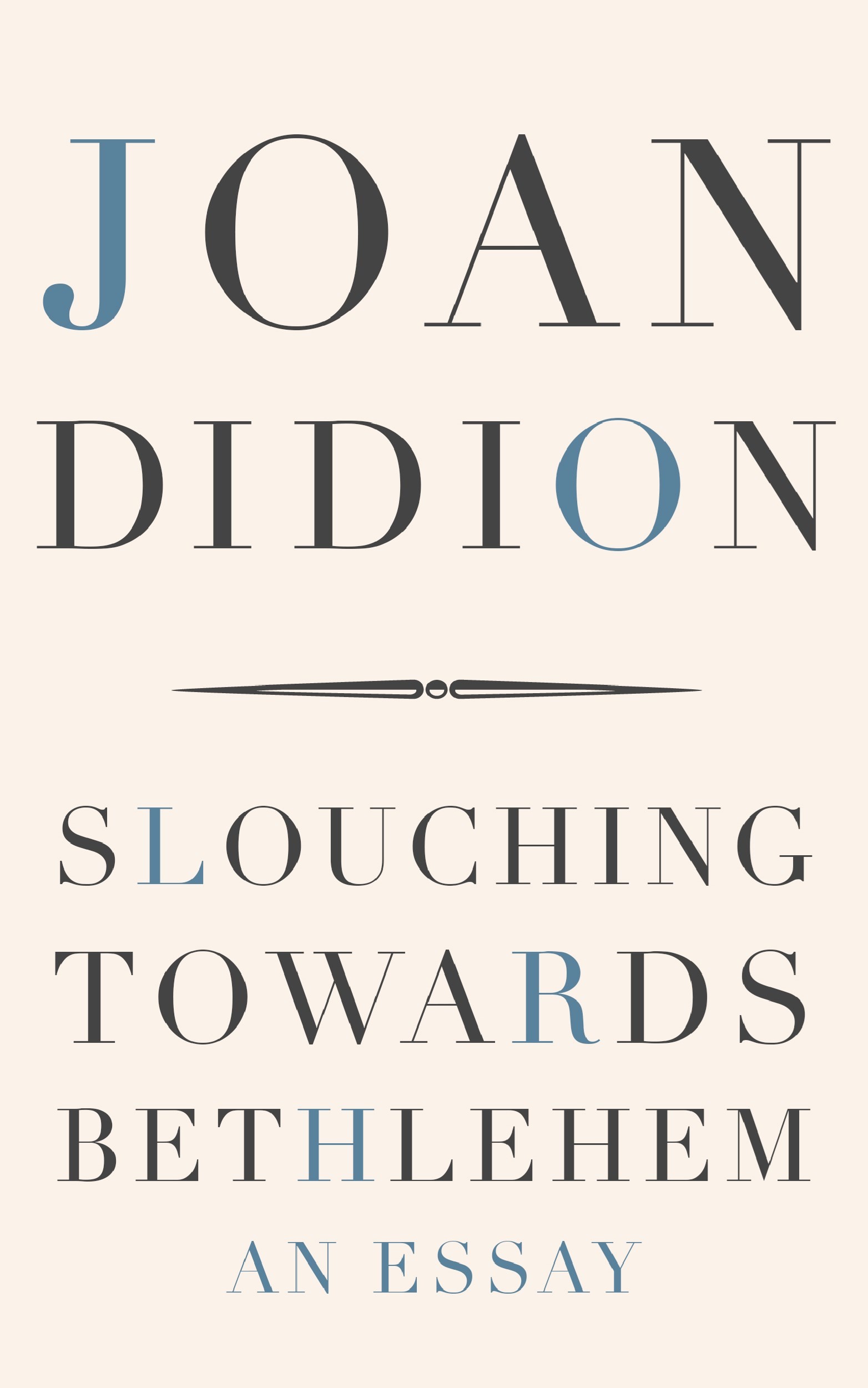
Slouching Towards Bethlehem by Joan Didion
"Joan Didion elevates noticing to a high art – she is the master of choosing telling details that illuminate an entire dynamic, of noticing the gardenias in the pool and the rattlesnakes in the garden. So much of what she writes about is juxtaposition, the danger side by side with the sunshine. That feeling is a big part of what I’m after in my own fiction, and reading her was very important to me as a teenager – it was the first time I understood that you could write about small things, about clothes and food and a grain in the light, and that it wasn’t at odds with writing about 'serious' things. She writes about subjects both poppy and political, personal and cultural. That was something I thought a lot about while writing The Girls – how to write a book that dealt with larger cultural forces and mythologies but doing so through a deeply personal lens."
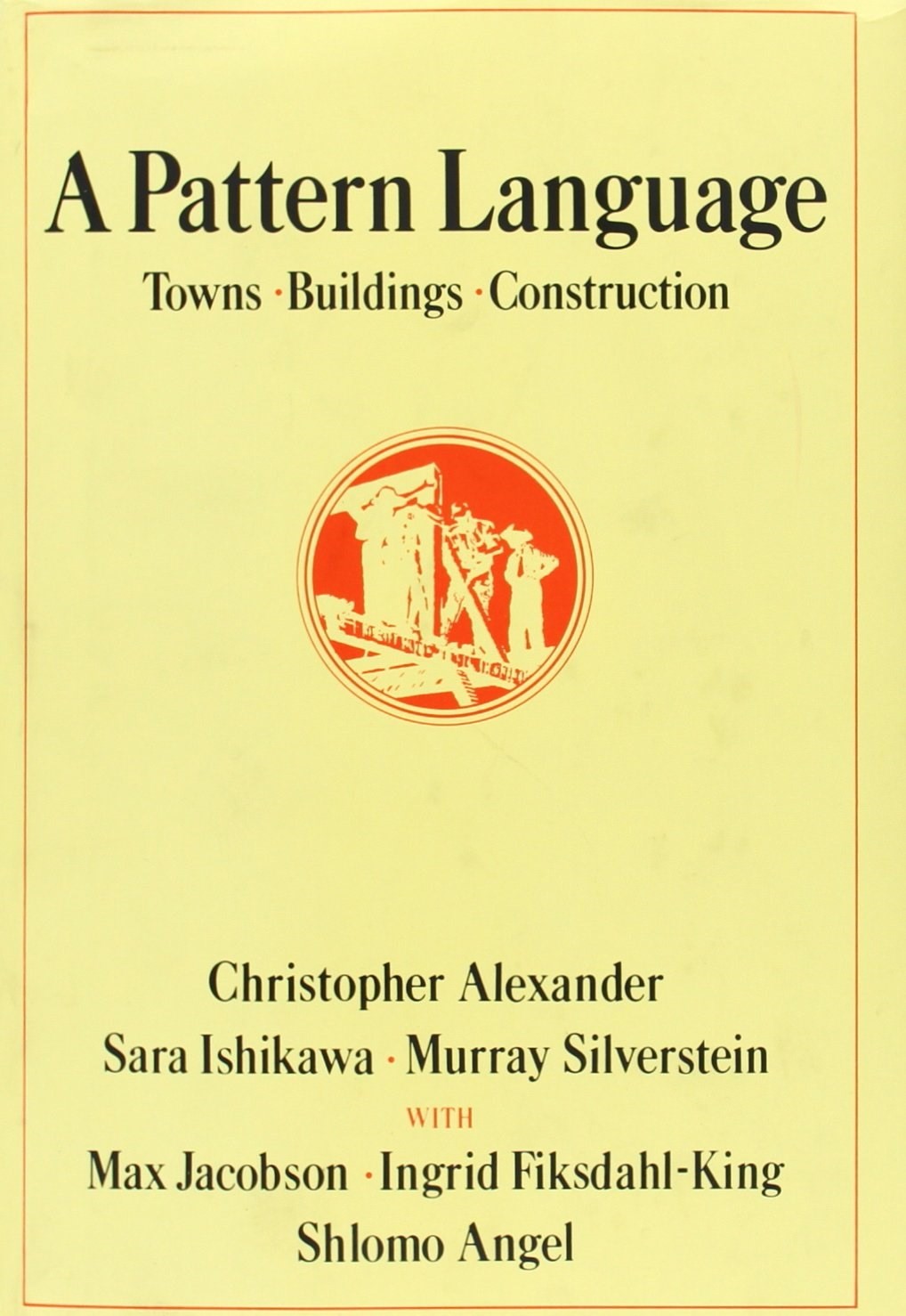
A Pattern Language by Christopher Alexander
"I first encountered this book while working for an architect after high school. It’s a wonderfully organized and peculiar book, outwardly about how to design spaces that feel good to people, but in so many ways it’s also a book about how we are affected by the world around us, and how we can be more alert to a reality that is specific and human. The book is organized into 'patterns', starting large – how to organize public spaces, what makes a street corner effective or pleasant – and going into such small patterns as bed alcoves, hidden spaces, waist-high shelves. Reading this book was an education in making life something I actively considered, something I could put work into. It allowed the daily things to matter."
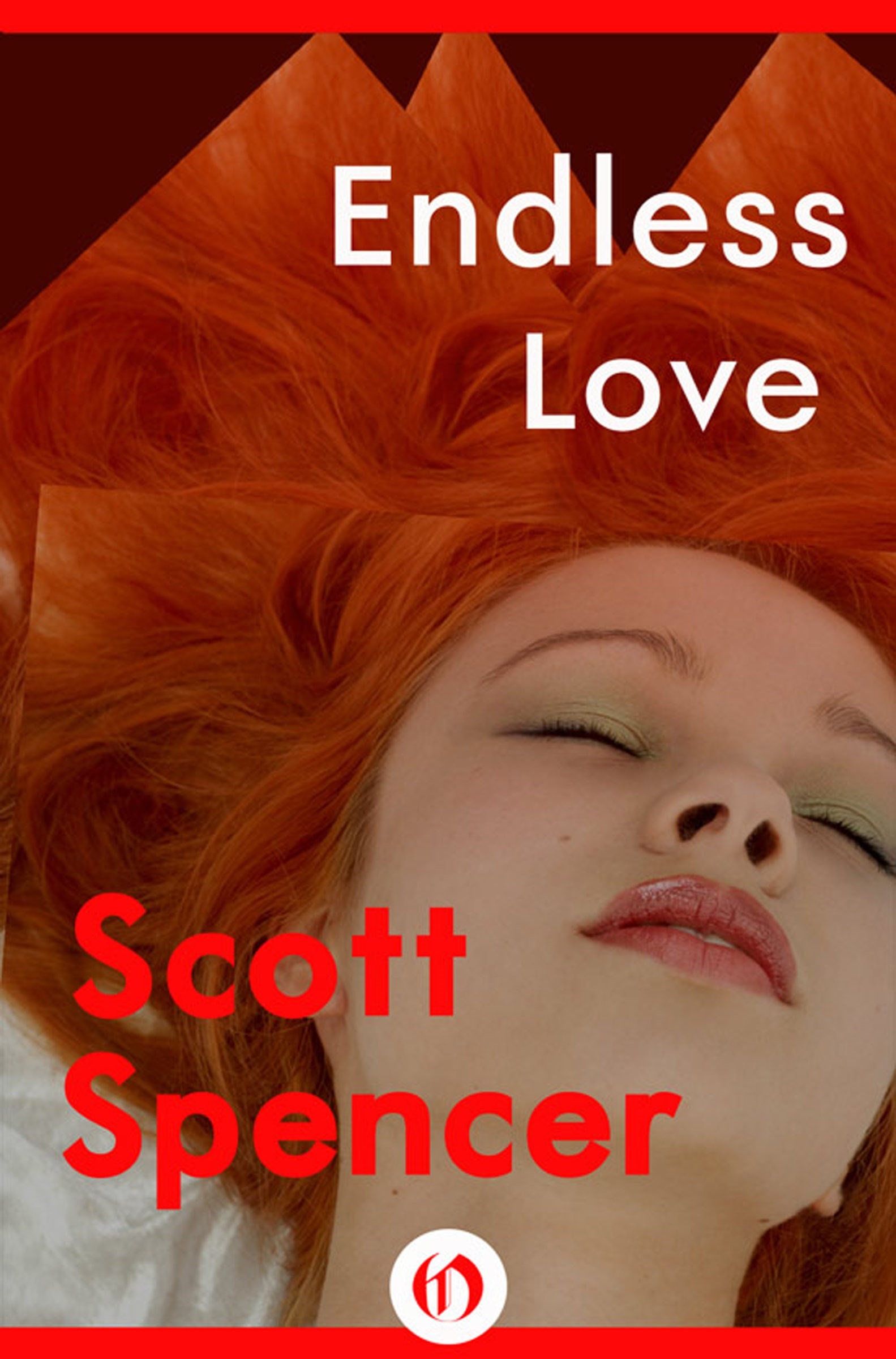
Endless Love by Scott Spencer
"So much of the narrative around first loves is predicated on eventually getting over that person, moving on. The narrator of this novel flatly refuses to get over his first love, and sublimates his entire being into resurrecting this teenage romance. This book is a favourite of mine for its wholehearted embrace of extremes, the sense of adolescence almost as time of psychosis. The narrator acts out in insane ways but refuses to compromise, and in doing so manages to be the purest character in the book. The sex scenes are also remarkably well-written. It’s a book about taking emotions seriously in a world that doesn’t allow for it."
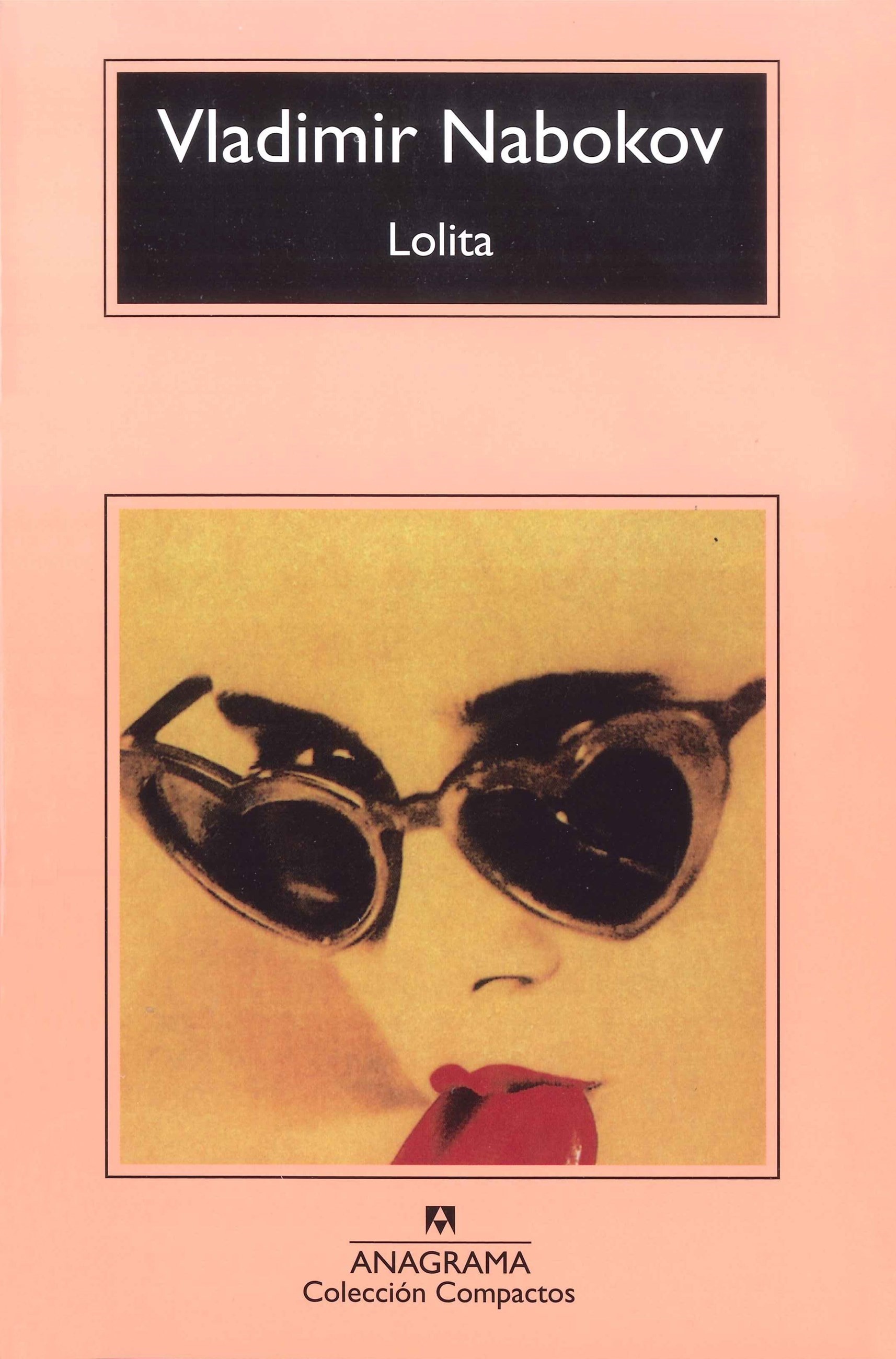
Lolita by Vladimir Nabokov
"This book creates its own internal vocabulary, where every detail and food and item of clothing has a fetishistic quality. It’s a closed system, everything in service of building this highly specific, lush world. I love Nabokov’s elevated aesthetic vision, his funhouse version of America, and a narrator so obsessive and single-minded makes the book into this almost-claustrophobic but always elegant fever-dream."
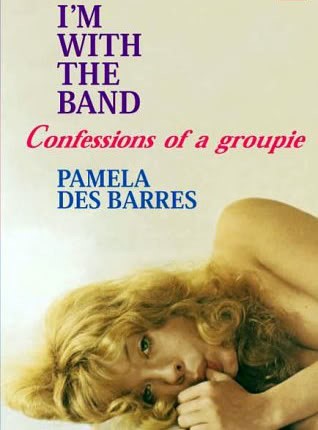
I’m With the Band: Confessions of a Groupie by Pamela Des Barres
"Pamela Des Barres published the diaries she kept as a teenage groupie in Southern California in the 60s. There’s so much joy and agency in her stories of sex and fanhood, even though the situations are ostensibly dark and manipulative. Instead of being a pitiful character, as you might assume, she emerges as this artist in her own right. It’s a book about the power of teenage girls, their immense capacity for emotion and desire. She’s never a victim, and that’s rare in a book about girls and sexuality. By the end, she’s a much more interesting person than the superstars who you’re ostensibly supposed to admire – they can play music, but she can tap into this larger current of feeling and vivid storytelling."
The Girls by Emma Cline is published by Chatto & Windus and is available now.
